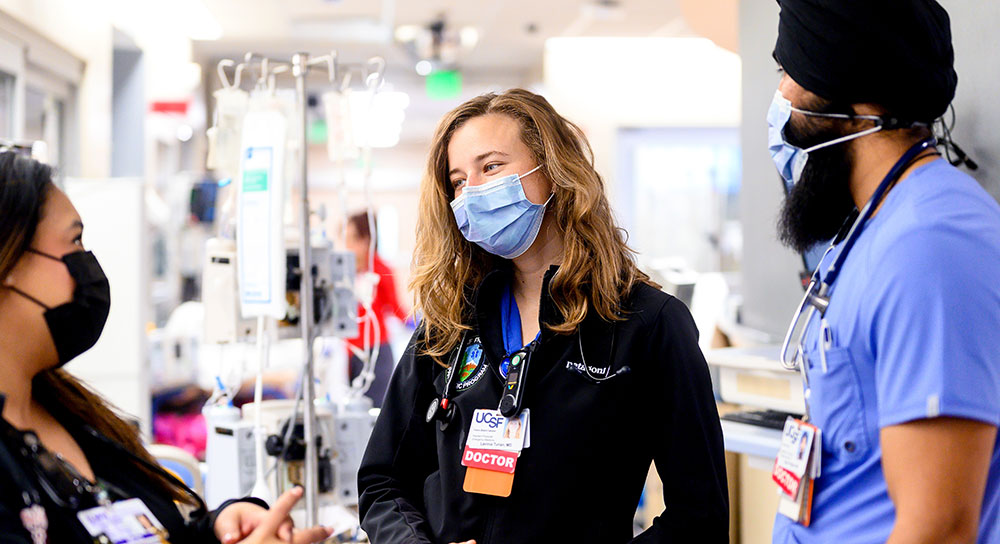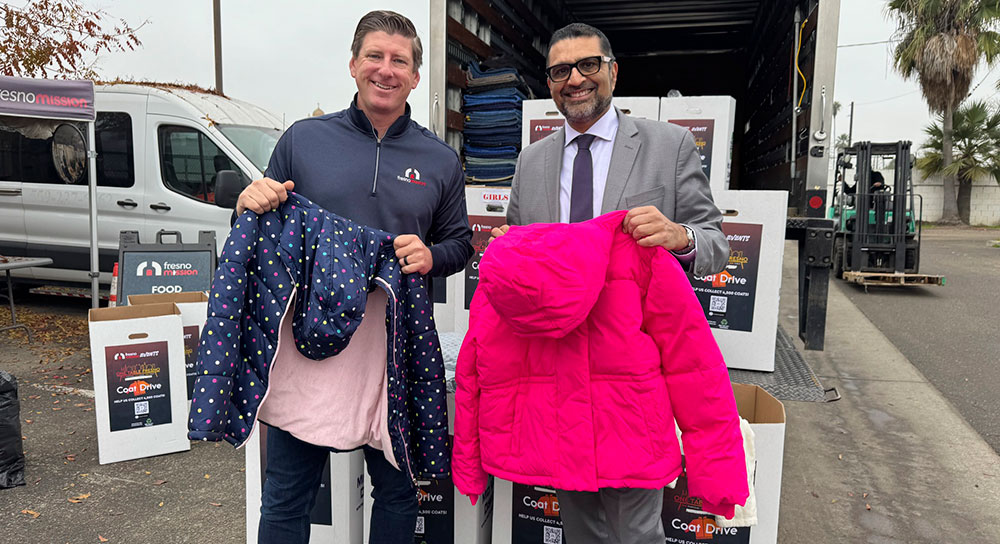For the past 18 months, anyone struggling with opioid addiction could walk into Community Regional Medical Center’s emergency department and find relief from cravings and withdrawal symptoms — and help getting into an addiction recovery program.
As part of the grant-funded Bridge program the downtown Fresno hospital has a doctor and a substance use navigator dedicated to providing support, counseling and the medication Suboxone, which safely controls withdrawals and helps patients stay in recovery from opioid use disorder.
The success of the Bridge program led the California Department of Health Care Services to commit another $20 million in September to expand to 212 hospitals statewide and include patients with other substance use disorders such as alcohol, cocaine, and methamphetamines.
Community Regional and Clovis Community Medical Center are among five hospitals in Fresno County receiving additional grant funding for the state’s new Behavioral Health Pilot Project, which combines medication for addiction treatment with support from a counselor to help connect patients into ongoing addiction treatment programs.
“We started with just 53 Bridge program sites in California and now there are over 200 hospitals,” says Dr. Rais Vohra, who helped establish the Bridge funding for Community. Dr. Vohra is a UCSF Fresno professor of emergency medicine and clinical pharmacy who sees patients at Community Regional. He’s also medical director of the California Poison Control System and has been the interim Fresno County Public Health Officer since COVID-19 hit. “Even in the middle of a pandemic, the State of California is committed to ending substance use disorder.”
Overdose deaths rising again during coronavirus pandemic
Dr. Vohra says the funding is coming at a critical time: “Unfortunately, the coronavirus pandemic has taken a silent toll. It’s really affecting people who are isolated and have struggled with drug addiction, which has been an epidemic in our region for many years.”
Overdose deaths are rising in California after being on the decline. Traditional drug treatment programs which relied on in-person counseling have been complicated by COVID-19 and funding for many treatment services have been cut back.
“In August, Exodus had to close down for 48 hours and we had to convert a tent outside in the ER parking lot (at Community Regional) to a psychiatric tent,” says Dr. Vohra, describing the need for mental health help in Fresno County. Exodus Recovery runs a crisis stabilization center for individuals determined to be a danger to themselves or others or in need of psychiatric treatment or help with substance use disorder.
Even though California has among the lowest prescribing rates in the country for opioids, deaths involving heroin and fentanyl, street versions of opioids, were increasing in 2018. And an estimated 45% of drug overdoses that year involved opioids, more than 2,400 fatalities.
Opioids are just one part of the substance use epidemic and the new expanded funding will help patients grappling with all types of addiction. “The Valley has had a big meth problem and alcohol abuse problem too,” says Dr. Vohra of what he’s seen working in one of the state’s busiest emergency departments.
Connecting patients to ongoing help key to ending addiction cycle
Dr. Vohra estimates he and his substance use navigator Chaia Vang have helped more than 400 people with opioid addiction so far in the initial Bridge pilot project. Vang helps patients with insurance paperwork and transportation directly to drug rehab or referral for follow-up care in the community.
“People just fall through the cracks between the hospital visit and getting into clinics and addiction recovery settings,” says Dr. Vohra. “We can help with that with our navigators — they provide that human connection which is vital to a person’s recovery journey.”
The new grant funding will help provide additional substance use navigators and attract addiction medicine specialists that would connect via telemedicine visits with patients, says Dr. Vohra. These efforts are part of the healthcare system’s community benefit commitment to addressing the region’s substance abuse problems, a top identified health need in a 2019 assessment by local hospitals.
“People seeking help with their drug use should be able to turn to their local hospital and expect to be treated like any other patient with a life-threatening illness,” Serena Clayton, program director of California Bridge, wrote while endorsing the expanded funding in California.






